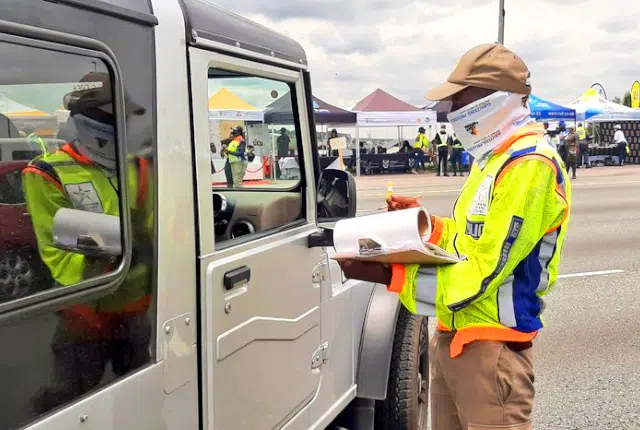
New ‘provisional’ driving licence and drunk driving laws for South Africa rejected
The portfolio committee on transport has rejected proposals from the government to introduce a new type of licence in South Africa, referred to as a ‘provisional licence’, and to reduce the allowable alcohol limit for drivers to zero.
In deliberations on the National Road Traffic Amendment Bill on Friday (16 September), the committee made it clear that amendments making room for the licence and alcohol changes were rejected and removed from the latest draft of the bill.
The National Road Traffic Amendment Bill was introduced in October 2020 to address gaps and loopholes in the National Road Traffic Act No. 93 of 1996.
Among other things, the bill deals with the registration of driving schools, the registration of persons who manufacture, supply or sell number plates, the regulation of weighbridges and driver intoxication.
The Department of Transport submitted the bill following a series of bogus driving schools operating as money-making schemes with little interest in teaching the rules of the road. Amendments to alcohol laws came as a push to tackle drunk driving, which caused many road fatalities in South Africa.
The finalised bills will now be published and debated by members of parliament.
Provisional licence
A provisional licence was first proposed in 2020, with very little detail given about what it would entail.
The proposed amendments, under the bill, would have added “provisional licence” to sections 13 and 14 of the National Road Traffic Act, giving the government room to introduce the licence and have it regulated by the same laws as driving and learner licences in the country.
However, the committee rejected the amendments because the actual licence doesn’t exist.
The government has previously mooted the introduction of a new graduated licence system for the country, and legal experts at the time said that the provisional licence was likely part of this plan.
An explanation of provisional licences was proposed as far back as 2014 as part of proposed changes to the National Road Traffic Act.
Under this proposal, persons who pass their theory test would not be issued a full driving licence initially and instead would be issued a provisional driving licence and subjected to restrictions in their driving practices for a period of time until they earn a full driving licence.
Graduated driver licensing systems are designed to provide new drivers of motor vehicles with driving experience and skills gradually over time in low-risk environments.
There are typically three steps or stages to get new drivers to pass. Drivers begin by acquiring a learner’s permit and progress to a provisional license, followed by receipt of a full driver’s licence.
Graduated drivers’ licensing generally restricts night, highway, and unsupervised driving during initial stages but lifts these restrictions with time and further testing of the individual, eventually concluding with the individual attaining a full driver’s licence.
South Africa’s licensing system is currently time-based, with an individual given two years to get their driver’s licence after receiving a learner’s licence.
Mention of a “provisional licence” has been removed from the latest draft of the National Road Traffic Amendment Bill.
Zero alcohol changes
Another controversial amendment in the bill related to the accepted concentration of alcohol in a driver’s bloodstream. The amendments proposed reducing this from 0.05 grams per 100 millilitres of blood to nil.
The committee rejected the amendment based on arguments that some medicines, foods and religious practices would leave trace amounts of alcohol in the system, which could lead to arrests based on false positives. Public backlash also led to the rejection.
The rejection means that the amendment bill will revert back to the current conditions written into law: 0.05 grams per 100 millilitres for normal drivers and 0.02 grams per 100 millilitres for professional drivers.
It was argued that police visibility and stronger enforcement of the current laws would be more effective at combating alcohol-related traffic fatalities.
Read: Renewed call for ‘zero tolerance’ drunk driving laws in South Africa



